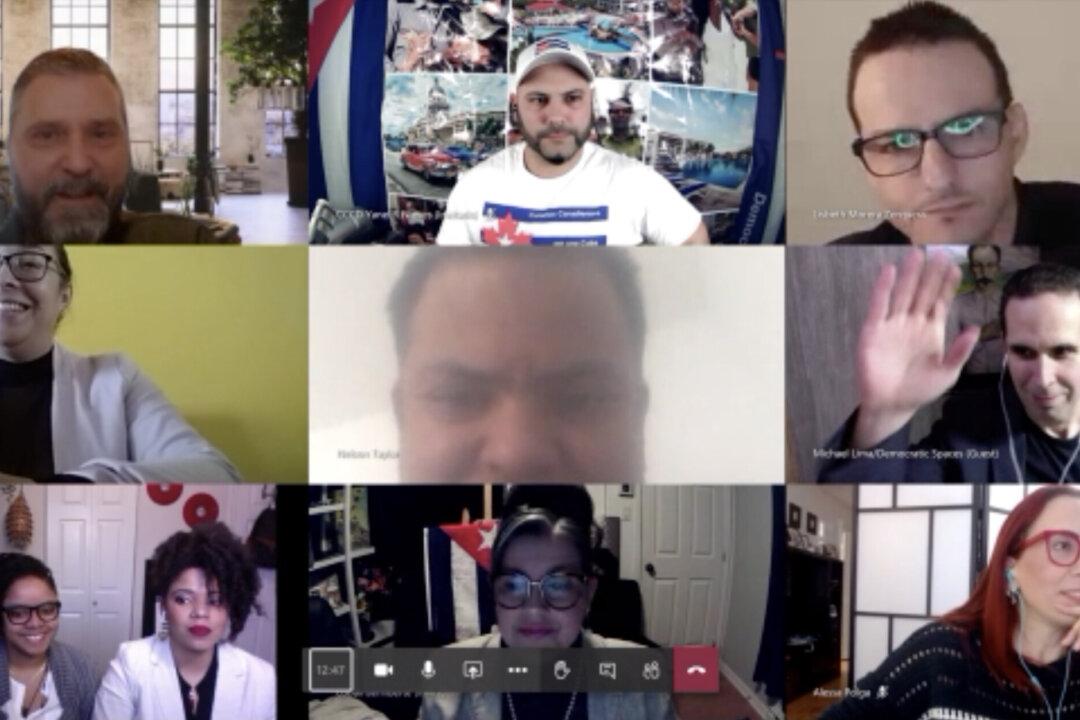In what Human Rights Watch describes as “little change” under leader Miguel Díaz-Canel regarding the repression and punishment of dissidents in Cuba, pro-democracy Cuban-Canadians are calling for Ottawa to publicly acknowledge that the island nation is ruled by a dictatorship.
Specifically, the community, along with some among the Venezuelan diaspora in Canada, are urging Canada and other democratic countries to “acknowledge that the regime clinging on to power in Cuba is ruled by a human rights’ predatory and totalitarian dictatorship,” according to a press release from activist group Democratic Spaces.





